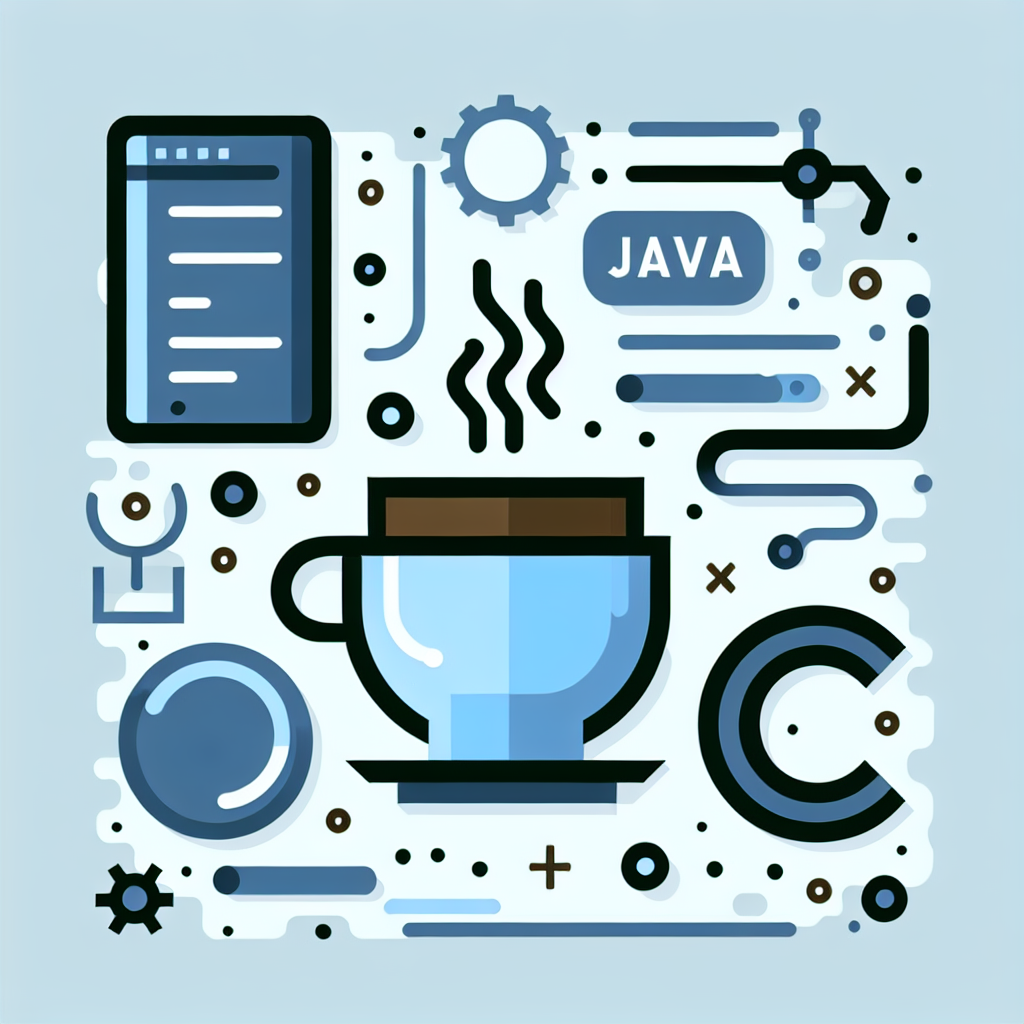Convert Java to Objective-C: Fast & Easy Tool Online
Effortlessly convert Java to Objective-C with our advanced tool. Boost productivity and streamline app development. Try it now for seamless code transformation!
Source Code
Converted Code
Output will appear here...
The Java to Objective-C Converter is an essential tool for developers looking to seamlessly transition their applications between Android and iOS platforms. By efficiently translating Java code into Objective-C, it streamlines cross-platform development, saving time and reducing errors. Ideal for software engineers and app developers, this tool enhances productivity and ensures consistent performance across devices.

Java to Objective-C Conversion Tool Link to this section #
Effortlessly convert Java code to Objective-C with our intuitive tool, designed to streamline cross-platform development. Whether you're porting an Android app to iOS or just exploring multi-platform capabilities, this tool simplifies the process by translating Java syntax into Objective-C, saving you time and reducing manual errors.
Key Features Link to this section #
- Automated Translation: Convert Java classes, methods, and functions into Objective-C equivalents.
- Syntax Mapping: Efficiently handle data types, control structures, and exception handling.
- Code Optimization: Ensure optimized and clean Objective-C code output, adhering to best practices.
- Cross-Platform Compatibility: Perfect for developers transitioning between Android and iOS environments.
How It Works Link to this section #
- Input Java Code: Simply paste your Java code into the tool.
- Conversion Process: The tool analyzes the Java syntax, mapping it to corresponding Objective-C patterns.
- Output Objective-C Code: Retrieve the converted code, ready for integration into your iOS project.
Example Conversion Link to this section #
Java Code:
public class Example {
public void sayHello() {
System.out.println("Hello, World!");
}
}
Converted Objective-C Code:
#import <Foundation/Foundation.h>
@interface Example : NSObject
- (void)sayHello;
@end
@implementation Example
- (void)sayHello {
NSLog(@"Hello, World!");
}
@end
Benefits Link to this section #
- Efficiency: Drastically reduce the time spent rewriting code for different platforms.
- Accuracy: Minimize errors common in manual conversion processes.
- Learning Resource: Great for learning Objective-C through familiar Java constructs.
Additional Resources Link to this section #
This tool is essential for developers looking to leverage existing Java code bases for iOS applications. Explore our Java to Objective-C converter today and enhance your app development workflow.
Frequently Asked Questions
What are the main differences between Java and Objective-C?
Java is a high-level, class-based, object-oriented programming language known for its portability across platforms through the Java Virtual Machine (JVM). Objective-C, on the other hand, is a superset of C that adds object-oriented capabilities and is primarily used for macOS and iOS application development. While Java uses a garbage collector for memory management, Objective-C requires manual memory management or the use of Automatic Reference Counting (ARC).
How can I convert Java code to Objective-C?
Converting Java code to Objective-C is not straightforward due to fundamental differences in language constructs and platform ecosystems. However, you can manually translate the logic by understanding the functionality of the Java code and implementing equivalent features using Objective-C syntax. Additionally, you may consider using tools like J2ObjC, which translates Java source code to Objective-C for iOS applications, though it focuses primarily on non-UI code.
What are some tools available for integrating Java and Objective-C projects?
To integrate Java and Objective-C projects, developers can use tools like J2ObjC, which helps in translating Java code to Objective-C, allowing shared codebases between Android and iOS. Additionally, developers might use JNI (Java Native Interface) to call native Objective-C libraries from Java, or employ RESTful APIs and network communication for interoperability between Java and Objective-C applications.